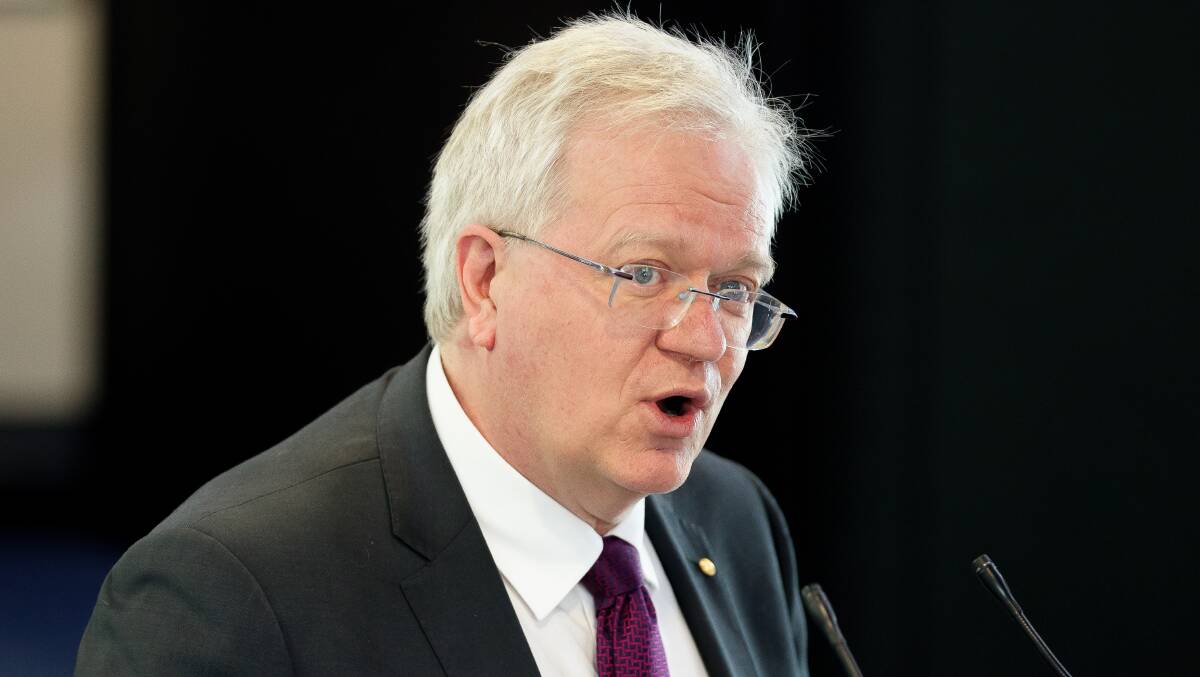
Australian National University vice-chancellor Brian Schmidt has called for an overhaul of the research funding system after the acting Education Minister vetoed Australian Research Council grants.
Professor Schmidt used the annual state of the university address to express his dismay at Stuart Robert's decision to reject six grants for humanities projects he deemed would not provide value for taxpayers' money or contribute to the national interest.
"I see this as an existential threat to Australian universities," Prof Schmidt said.
"My strong view, a view held by many university leaders, whether they say it out loud or not, is Australia needs an apolitical system to allocate research funding and a review of the Australian Research Council."
The ministerial interference on Christmas Eve sparked resignations from the Australian Research Council's respected College of Experts.
Five presidents of Australia's learned academies for humanities, science, technology and engineering, social sciences and health and medical sciences said in a joint statement on Friday "arbitrary judgements should play no part in a fit-for-purpose system".
The rejected projects included research on modern-day China, the school student climate action movement and English literature.
Professor Schmidt said out of the four known occurrences of political interference, three had occurred in the past three years and both major parties agreed it was appropriate for the minister to have the veto power.
"Political interference can corrupt knowledge and slow down its creation. It is one of democracy's key advantages over other forms of governments," he said.
"We don't just focus on what is known or thought relevant or acceptable at the time.
"After all, what would our society be like when the study of history, politics and literature has to reflect the views of the minister of the day? Where would we be if we hadn't been working on climate mitigation strategies for the past 30 years while the merchants of doubt sowed their seeds?
"What if we hadn't invested in understanding the foundational properties of messenger RNA when it seemed just a dalliance with no practical benefits?"
ANU rebuilding
Prof Schmidt said the university's finances were better than expected in 2021, with a surplus caused by one-off insurance payments, government research support and unrealised investment gains.
Unfilled positions and drop in expenses such as travel and field work also contributed to the surplus.
He warned the ANU would have running deficits in 2022 and 2023 but said the harsh cuts of the past two years were over.
Prof Schmidt was optimistic 2022 would be closer to a normal year and urged staff and students to be on campus as much as possible.
"We cannot be the university we strive to be while we're all separated from each other. It is bad for our students, it is bad for our staff, and it holds back the important research and its translation we are entrusted by the nation to undertake," he said.
Orientation week at ANU begins on Monday, February 14.







